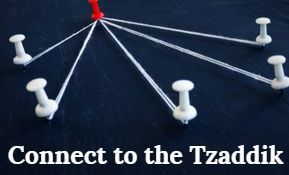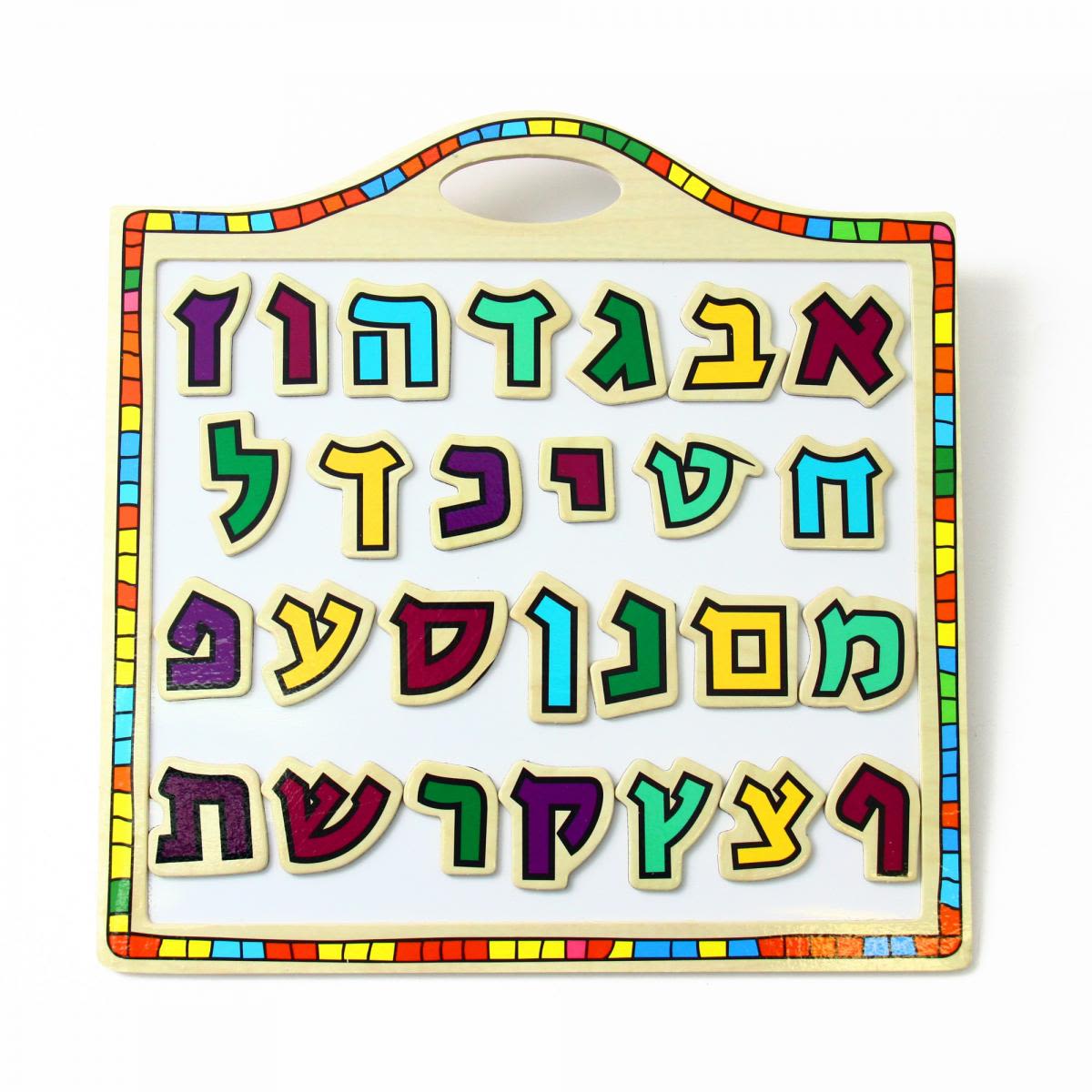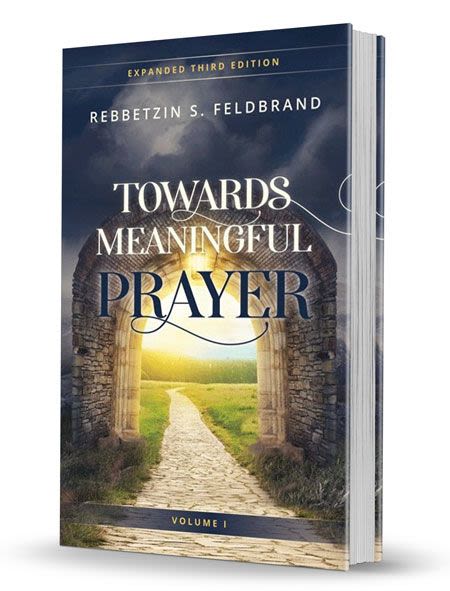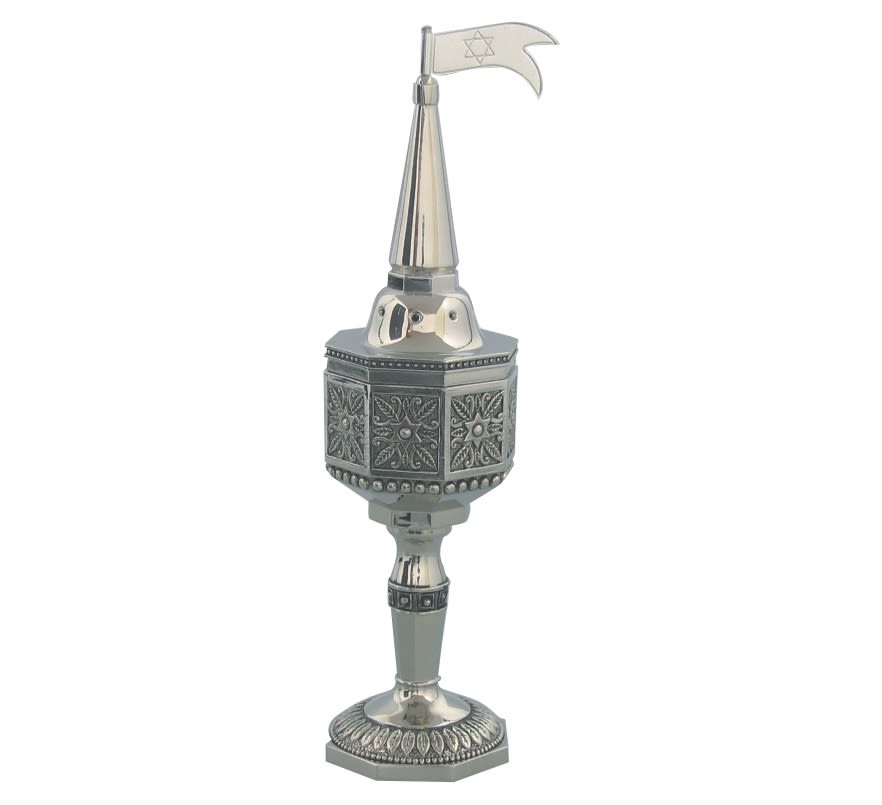
Ki Tisa: Have Compassion … Receive Compassion!
When we have mercy on other people, so too we are judged with mercy and favor. We too, like Moshe, can emulate Hashem’s attribute of mercy by being compassionate to others.

“The people saw that Moshe had delayed in descending the mountain, and the people gathered around Aaron and said to him, ‘Rise up, make for us gods that will go before us, for this man Moshe who brought us up from the land of Egypt- we do not know what became of him!’” Shortly after receiving the Torah, the Jewish people fell into the sin of the Golden Calf, and they made an idol when they (mistakenly) saw that Moshe had not come down from Mount Sinai yet. After learning of the sin, Moshe prayed before Hashem: “Moshe pleaded before Hashem, his God, and said, ‘Why, Hashem, should Your anger flare up against Your people, whom You have taken out of the land of Egypt, with great power and a strong hand? … Remember for the sake of Avraham, Yitzhak and Yisrael, Your servants…” (Chapter 32, Verses 1; 11; 13).
Rabbi Natan of Breslev explains that the Tzaddikim are always trying to sweeten any harsh judgements which might be upon the Jewish people or upon any individual due to sin, just like Moshe immediately prayed here on behalf of the Jewish people. They dedicate themselves to this task all the time, in order to lift people up from their fallen state of sin and help them return to Hashem. The Sages taught that Moshe was able to achieve this avodah (service) even more than Noach and Avraham before him.
Moshe Rabbeinu, because of his amazing closeness to Hashem and his great level of prophecy and knowledge, was always able to see the merits of the Jewish people, even right after they committed the sin of the Golden Calf. He had mercy on the Jewish people and continued to pray for them and defend them before God. Then, after Hashem accepted Moshe’s prayers, he taught him the Thirteen Attributes of Mercy. We say the Thirteen Attributes on fast days and many congregations say them every day during the supplications said after the Amidah prayer. Through these attributes of mercy, God revealed to Moshe the deepest knowledge – that He is full of compassion and is good to all, and He has patience even with those who are wicked. Hashem favors the attribute of kindness and judges everyone favorably, even if a person has committed many sins. The little bit of good which can be found in the person outweighs the bad (Likutei Halachot, Laws of Shiluach HaKen, 4th teaching, and Laws of Waking in the Morning, 1st teaching).
Rebbe Nachman teaches in Lesson 119 in Likutei Moharan (Part One) that the amount of compassion we are able to have on others depends upon our level of daat – knowledge. The Sages taught that anyone who is compassionate to others, Hashem has compassion on him. Therefore, Rebbe Nachman says, when a person needs compassion – he is in some sort of difficult situation for example – Hashem sends him someone else who also needs compassion, and through his compassion for the other person, he too receives compassion and is judged mercifully.
There was a small incident which happened to me this week which is connected to the subject of compassion for others. I was at the shul which I daven at during the week to pray Mincha and Maariv. I usually sit at the same table, in the same chair. I got up a few minutes before Maariv to use the bathroom, and when I returned there was an older man sitting in the seat I had been sitting in, talking on the phone. I didn’t say anything, I just motioned to him ‘you can sit there,’ and took the prayer book I was using, and sat on the other side of the table. Then he said to me, ‘I need a prayer book.’ Again, I didn’t say anything and went over to the shelf to take another one for myself, and gave him the one I had been using. In the end, he got up from the chair and didn’t even use the prayer book. Nevertheless, I felt happy inside that I was able to be respectful to him and overcome the place inside myself which wanted to say, ‘Hey, excuse me, you took my seat and also the prayer book I was using, who do you think you are?! What a chutzpah!’ I could see that the man didn’t look well physically and emotionally and needed compassion. He was there with another man accompanying him, and it seemed from their conversation that they were looking for money for tzedakah.
Rabbi Aryeh Kaplan tells a story in his book Chassidic Masters about the great Chassidic Rebbe, Rabbi Levi Yitzhak of Berdichov: “It is told that a teamster in Berdichov was once saying his morning prayers, while at the same time greasing the wheels of his wagon. He was an outlandish sight, Tallit and Tefillin together with grease covered hands, and the townspeople snickered, ‘Look at this ignoramus! He doesn’t know better than to grease a wagon while praying!’ Rebbe Levi Yitzhak then came by and remarked, ‘Master of the universe! Look at your servant here. Even while greasing his wagon, he is still praising Your great and holy name” (Page 69). He saw the man in a completely different light. He was known by all as the defender and advocate of the Jewish people. “The poor, the meek, the humble, were not only part of his life, but were his entire existence… Rebbe Levi Yitzhak overflowed with love and tenderness to even the lowliest Jew” (Page 71).
When we have mercy on other people, so to we are judged with mercy and favor. We too, like Moshe, can emulate Hashem’s attribute of mercy by being compassionate to others.
***
Republished with permission from breslov.blog.












Tell us what you think!
Thank you for your comment!
It will be published after approval by the Editor.